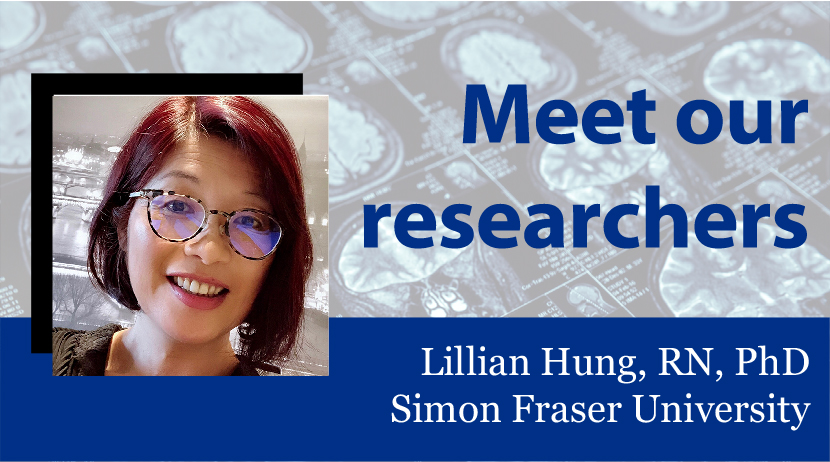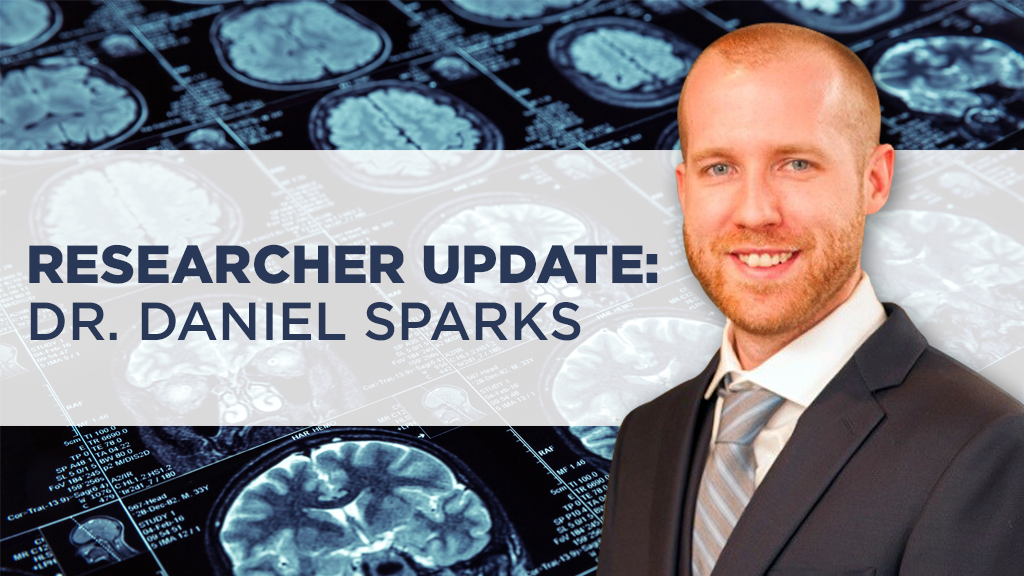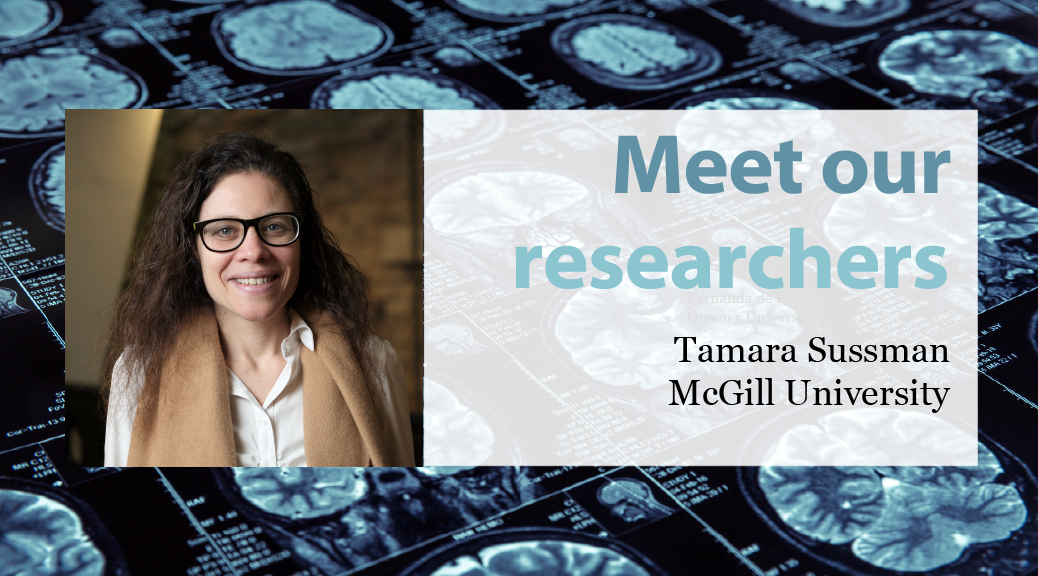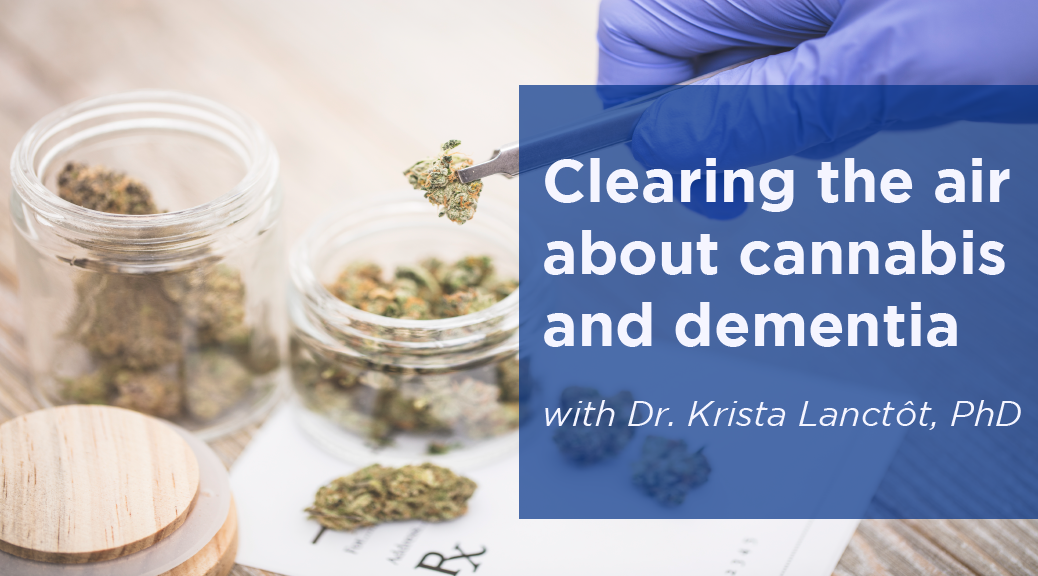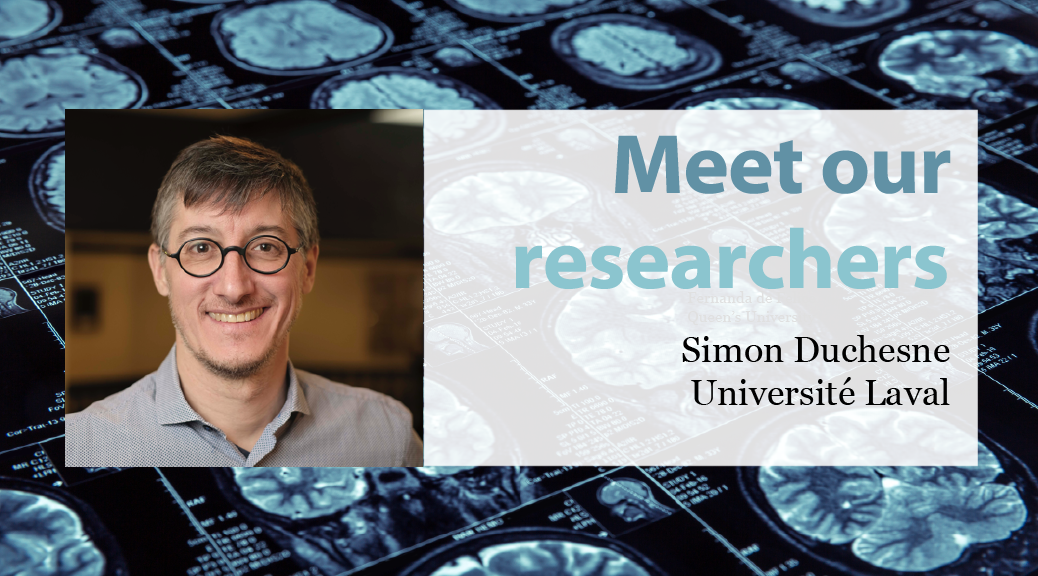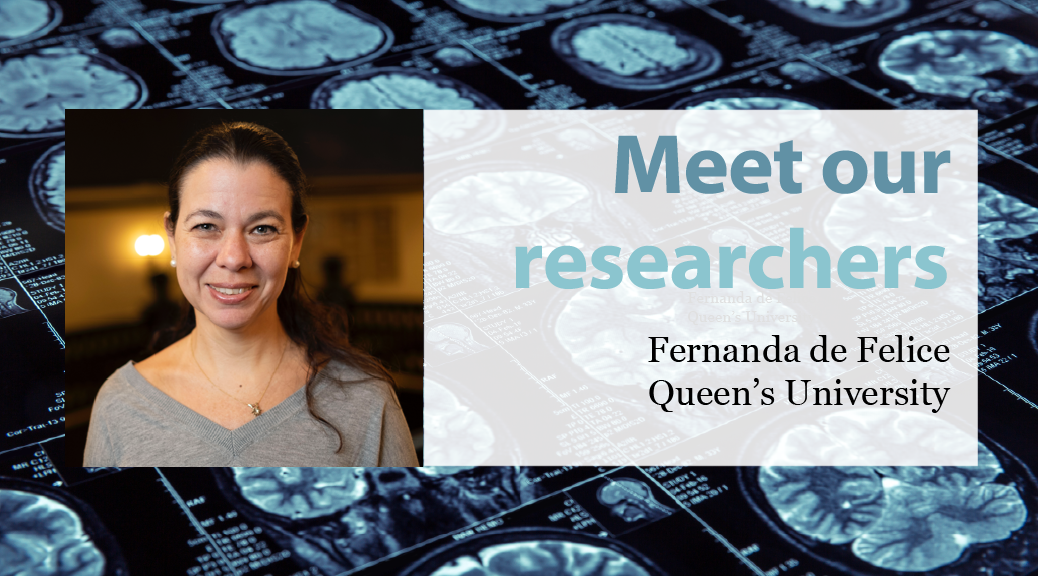Meet our Researchers: Lillian Hung, Simon Fraser University
As Canada’s population ages and more people are diagnosed with Alzheimer’s disease or another form of dementia, hospitals are seeing a growing number of acute care visits by people with dementia. The reason for their stay may not directly relate to their dementia. For example, they may have heart disease, they may have broken bones after a fall or they are feeling depressed. However, a stay in the hospital can be a stressful if not frightening experience for anyone, and…
